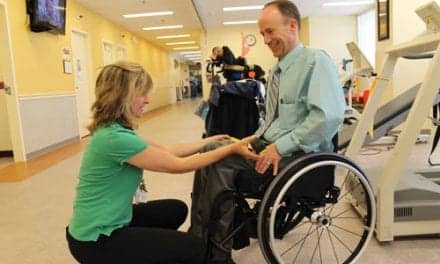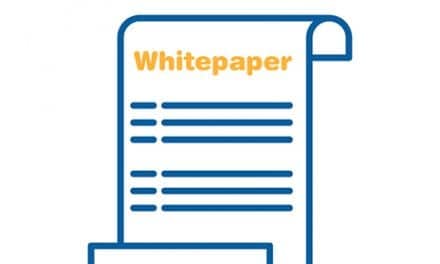A new report from The Coaches Training Institute (CTI) suggests that while doors are opening for people with disabilities, traditional approaches to accommodations can fall short when it comes to creating true engagement.
The “Co-Active Accessibility and Wholeness Project” (CAWP) Report has three primary objectives aimed at advancing the leadership of people with disabilities at every level of society.
These objectives, according to a media release from CTI, are: to promote and advance the implementation of industry-wide standards for accessibility and accommodation for all people; to reveal unconscious bias about disabilities and shift those perceptions to unlock the full potential of individuals and groups when disability is present; and to provide tangible examples of how CTI’s Co-Active Accessibility and Wholeness Project has served coach training students of all abilities.
“The report summarizes the initial findings of work to bring accessibility and inclusion to the field of coaching and leadership development,” explains Barton Cutter, accessibility consultant for CTI and who has Cerebral Palsy himself, the release notes.
“One of the findings is a fresh approach to designing accommodations that meet the accessibility challenges of an individual while also deepening and enhancing the learning process for all.”
“The impact,” Cutter adds, “is shifting the conversation from one of simply attempting to make the able-bodied world accessible to people with disabilities, which can unnecessarily emphasize apparent deficits; to one focused on how the learning experience of all can be enriched by unique perspectives.”
John Vercelli, CTI’s Co-President comments that, “CTI holds that each person is naturally creative, resourceful and whole, and that everyone is a leader.
“The Project demonstrates our commitment to these beliefs,” he adds, in the release. “In practical terms, we are supporting individuals who are willing to take responsibility for the world around them, by developing their coaching and leadership skills. This hold true regardless of disability or perceived challenge.”
[Source(s): CTI, PRWeb]





